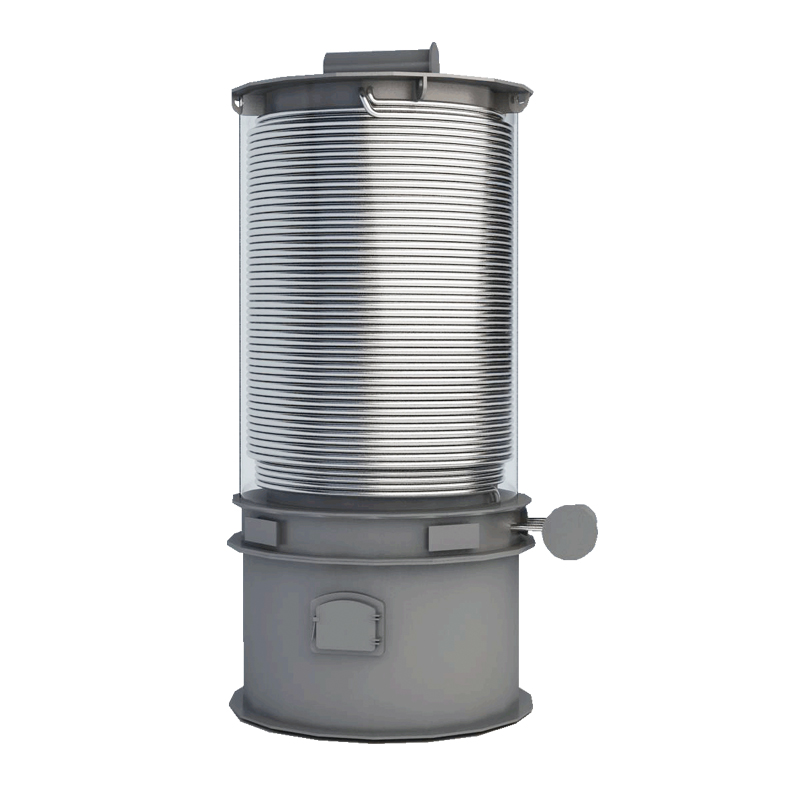Notable Boiler Systems and Their Impact on Modern Industry and Efficiency
The Evolution and Importance of Famous Boiler Systems
Boilers have been a pivotal part of industrial and domestic heating systems for centuries. Their evolution has not only shaped the way we generate steam and heat but also impacted energy efficiency and environmental sustainability. In examining famous boiler systems, we can understand the pivotal role they play in various industries, from power generation to residential heating, and explore innovations that have emerged over the years.
Historical Context
The history of boiler systems dates back to the early 18th century when steam power began to revolutionize transportation and manufacturing. The invention of the first practical steam engine by Thomas Newcomen in 1712 utilized a rudimentary boiler for steam generation. However, it was the introduction of the more efficient Watt steam engine in 1769 that significantly improved boiler design and function. Thus, the transition from simple fire-tube boilers to more complex water-tube boilers marked a significant milestone in engineering.
The fire-tube boiler, which consists of tubes filled with water where hot gases pass through, was widely used in the 19th century for locomotives and ships. Meanwhile, water-tube boilers, where water circulates in tubes heated by fire, gained prominence for their ability to produce high-pressure steam, making them ideal for power plants.
Iconic Boiler Systems
One of the most famous boiler systems that set a benchmark in the industry is the Babcock & Wilcox boiler. Introduced in the late 19th century, this water-tube boiler became a standard particularly in power generation due to its high efficiency and adaptability to different fuels. Its design has undergone enhancements over the years, culminating in modern variants that are equipped with advanced technology to optimize performance.
Another innovative type is the Cochran boiler. Renowned for its compact size and efficiency, the Cochran boiler has been widely employed in small to medium-sized industrial applications. Its uniqueness lies in its fire-brick lined shell and flue, which ensures efficient heat transfer and minimizes energy loss.
famous boiler system

Modern Developments
In recent decades, the demand for energy efficiency and reduction of carbon emissions has driven significant innovations in boiler technology. Condensing boilers, for instance, have emerged as a solution to improve efficiency by capturing waste heat from flue gases. These systems recycle condensate from the exhaust and reintroduce it into the heating process, achieving efficiency levels greater than 90%.
Among the most groundbreaking developments in boiler technology are biomass boilers, which utilize organic materials, such as wood pellets, as fuel. These systems align with the growing emphasis on sustainable energy sources, significantly reducing reliance on fossil fuels. The integration of automation and smart technology in modern boiler systems has also enhanced operational efficiency, allowing for real-time monitoring and control of the heating process.
The Role of Boilers in Sustainability
As the world grapples with climate change, the significance of energy-efficient boiler systems cannot be overstated. New regulations are pushing industries toward greener technologies, and boilers are at the forefront of this transition. Manufacturers are increasingly incorporating renewable energy sources, such as solar thermal systems, in concert with traditional boilers to create hybrid systems that significantly reduce carbon footprints.
Moreover, innovations such as combined heat and power (CHP) systems are playing a crucial role in enhancing overall energy efficiency. By simultaneously generating electricity and useful heat from a single energy source, these systems minimize waste and maximize resource use, showcasing the importance of advanced boiler systems in achieving sustainability goals.
Conclusion
The journey of boiler systems from their historical inception to their current advanced forms illustrates both innovation and resilience. Famous boiler systems like the Babcock & Wilcox and Cochran have set the stage for ongoing advancements in technology. As we migrate towards more sustainable energy practices, the evolution of boiler systems will continue to be critical. The interplay between efficiency, sustainability, and technological advancement ensures that boilers will remain an essential component of our industrial and domestic landscapes for years to come, reflecting our commitment to a greener future.
-
Industrial Steam Boiler Corporation - Reliable Industrial Boiler Manufacturer & SupplierNewsJul.08,2025
-
High-Efficiency Steam Boiler Heat Exchanger Supplier & Factory Durable Products for IndustryNewsJul.08,2025
-
Premium Electric Steam Boiler Manufacturer Reliable Company & Factory SolutionsNewsJul.08,2025
-
Commercial Hot Water Boiler - Reliable Supplier & Factory Direct Price for Efficient Heating SolutionsNewsJul.07,2025
-
Top Hot Oil Boiler Manufacturer - Reliable Thermal Oil & Coal Fired Boiler Manufacturer ManufacturerNewsJul.07,2025
-
High-Efficiency Hotel Hot Water Boiler – Leading Exporters & Quotes for HotelsNewsJul.07,2025

